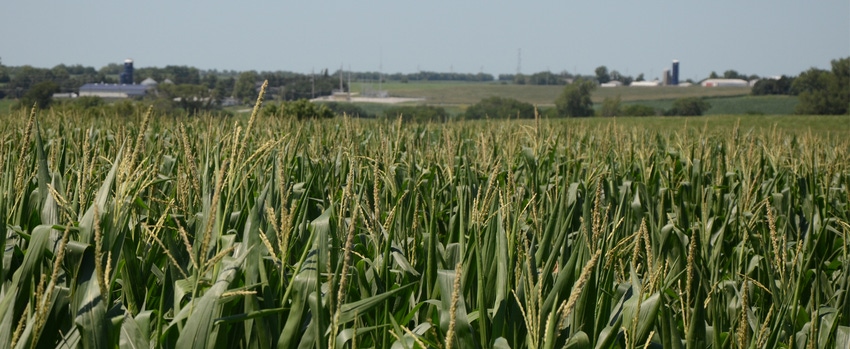September 23, 2021

In the past several months, I have had many conversations with clients regarding the current political uncertainty that exists with taxes, wealth transfer and estate planning and how that affects my clients' overall farm succession plan.
Unfortunately, none of us have a crystal ball we can use to predict the future of tax changes or what Congress and the Biden administration will or will not do. Believe me, I wish I did. Will the estate tax and gift tax exemption be lowered — and when could that happen? Will the administration continue to discuss the elimination of stepped-up basis? What other tax changes are on the horizon?
Turn uncertainty into a positive
It seems that the list of questions we cannot answer due to political uncertainty is long. But let's take a look at uncertainty in a positive way. As I write this article, it is clear that we can all make our best guesses, but we won't have clear answers until Congress and the Biden administration act. The best advice I can offer is to remember the principles of planning that your family has used over the years. Every family has different goals, strategies and implementation timelines. Remember your core values, and remember that we have been through these times of uncertainty before and lived to tell about it.
So, where do we go from here? With harvesttime, tax planning and winter months ahead, it is a good time to initiate critical conversations regarding your farm succession plan with your family and farm successors. The key thing to remember is that you are not alone — it takes a team of your trusted advisers to make your goals a reality and achieve clarity on tax issues. Oftentimes, the hardest part to developing and implementing a farm succession plan is just to start the conversation.
Rather than viewing political uncertainty as an obstacle and becoming overwhelmed by the process, you may want to start with a goal-setting meeting, and build from there. Political uncertainty and tax changes may be a good initial reason to get your team together. Once you have set your goals, the professionals you work with, including attorneys, accountants and CPAs, consultants, financial advisers and your banker, can help you implement your goals and strategies. It may be a good idea to schedule extra time ahead of tax-planning season with your advisers to discuss your own unique situation. Be deliberate about those conversations.
Plan early, review your plan often
As I have said in the past, every family has different dynamics, every farm has a different operation, and every legal situation involved is different. That being said, it is often helpful to involve the family or potential farm successor from the beginning. Family involvement can come in different forms. Some farm business owners bring the entire family, including the farming successor "to the table" and involve them in the discussion at the outset. Some folks have a plan in mind, get the essential documents drafted and then involve the family to discuss how the plan will work.
There is no right or wrong answer. Every family has a certain comfort level in involving kids, grandkids, off-farm heirs, on-farm heirs, in-laws, etc., in the plan. However, many planners have found that involving the essential parties in the plan from the beginning, most especially the heirs or parties that will carry on the farming business, helps avoid communication issues in the future. Succession planning is a process that evolves over the years, and there are no family farm operations that are immune from it. Rest assured, there are many resources and advisers out there that can help facilitate this process.
A practical approach
The biggest question you may be facing at this point is whether your family needs to accelerate a gifting strategy to heirs or off-farm heirs due to potential tax changes on the horizon. The first place to start is to reassess your current net-worth with your trusted banker or financial adviser. Iowa farmland values and rental rates are on the rise, along with commodity prices. What is your best estimate of that value? Having a good understanding of the value of the land you are farming is a key component to the value of your farm business.
Do you have a farm business entity, and can you use that entity as a gifting tool if it becomes necessary? At the onset of the succession planning process, one of the issues that should be discussed is whether a business entity can play a part in the overall plan. A secondary question is if an entity is a viable way to accomplish succession planning goals, which entity should you use? A trust, a partnership, a C or S corporation, an LLC, an LLP, an FLP (family limited partnership), etc.? As you might suspect, there is no "magic" or one-size-fits –all entity.
In my experience, communication is key to developing a plan that will actually be implemented successfully.
Herbold-Swalwell is an attorney with Brick-Gentry in Des Moines. Email her at [email protected]
About the Author(s)
You May Also Like






